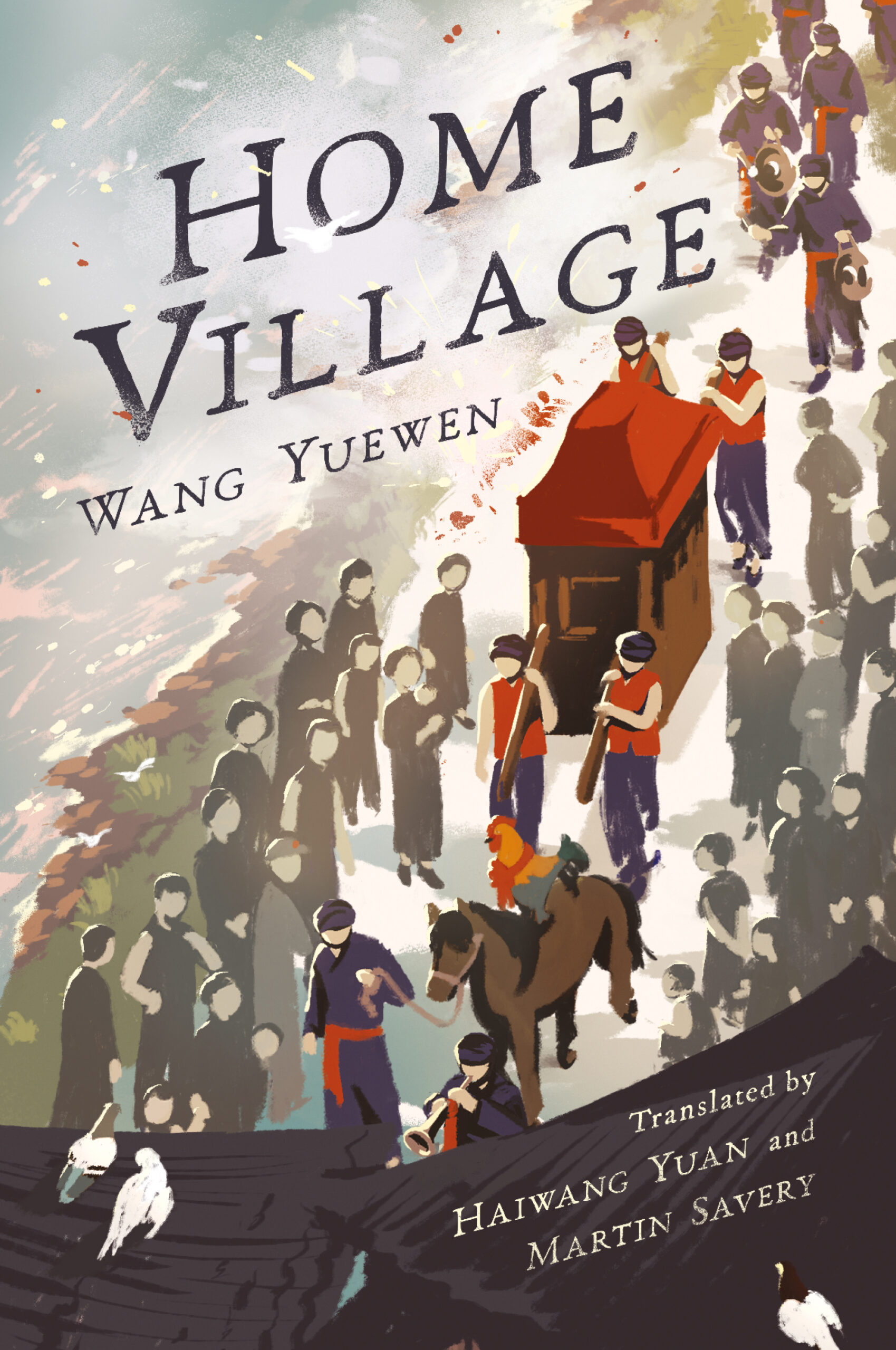by West Link Books Review Desk
Wang Yuewen’s Home Village (家山) is a novel of profound resonance—rooted in the soil of southern China, yet expansive in its thematic reach. Spanning the tumultuous decades from the twilight of the Qing Dynasty to the cusp of the People’s Republic, this work doesn’t merely chronicle the changing fate of a village—it distils the emotional and political soul of a nation in flux.
At its surface, Home Village is a story of two neighbouring villages—Shawan and Shujia Ping—and the evolving relationships among their residents. But underneath lies a multi-layered narrative about power, tradition, loyalty, gender, violence, and the rural spirit. The novel captures a moment in China’s history when the imperial order crumbles, warlords rise and fall, and new political ideologies begin to take root in the furrows of ancestral land.
Wang’s prose is remarkable for its textured beauty. He often pauses the narrative flow to indulge in deeply poetic and cinematic descriptions of the countryside—lush green hills, meandering paths, the scent of steamed rice, the warmth of communal living. One particularly striking passage precedes a violent confrontation between villages: instead of plunging directly into battle, Wang paints a serene, almost idyllic landscape, mapping the geography with delicate care. This pastoral calm becomes a visual and emotional canvas against which the brutality that follows strikes all the more forcefully. Such juxtaposition is not accidental—it exemplifies Wang’s mastery of aesthetic contrast, a hallmark of his literary style.
Equally compelling are the novel’s characters, especially its women. Taoxiang, the barefoot yet unbound heroine, stands at the crossroads of feudal tradition and modern self-assertion. She is illiterate but eloquent, deeply embedded in local customs yet bold enough to argue in the county court. Through her and others like her, Wang traces the shifting role of women in rural society—never romanticised, but rendered with complexity and nuance.
A major thread throughout the novel is village self-governance. Through vivid depictions of ancestral halls, family meetings, and the rise of rural associations, Wang Yuewen shows how rural China managed its own affairs across dynastic collapse, political uncertainty, and ideological revolution. These grassroots structures, layered with hierarchy, ritual, and negotiation, form a living sociology of the countryside. Home Village asks us to consider: how much of this autonomy has survived into today’s rapidly urbanising China, where less than 37% of the population now lives in rural areas?
As a political novelist known for works like National Portrait, Wang does not shy away from ideological currents. Yet in Home Village, his lens is more empathetic than didactic. The revolution comes, but its arrival is filtered through the eyes of peasants and elders, not slogans or manifestos. What emerges is a chronicle of transformation—often painful, occasionally farcical, always deeply human.
In the Chinese edition, the title itself, Home Village, only appears in the final pages, in a letter written by Zhenyi to Nianzhi. Its delayed appearance is not an oversight, but a deliberate gesture—inviting the reader to journey through layers of memory, conflict, and identity before arriving at a name that carries both nostalgia and hope. It’s as if the village must be lived through before it can be named.
In bringing this work into English, the translators have met not only linguistic challenges but also cultural ones—faithfully capturing the cadences of dialect, the rhythms of rural life, and the silences between generations. The English edition of Home Village allows the novel to stand confidently alongside the great works of Chinese rural literature in world literature, opening windows into a past that still haunts the margins of the present.
Wang Yuewen has not merely written a novel—he has composed a literary field recording of a vanishing world. Home Village is tender, brutal, humorous, and tragic. Above all, it is true.

